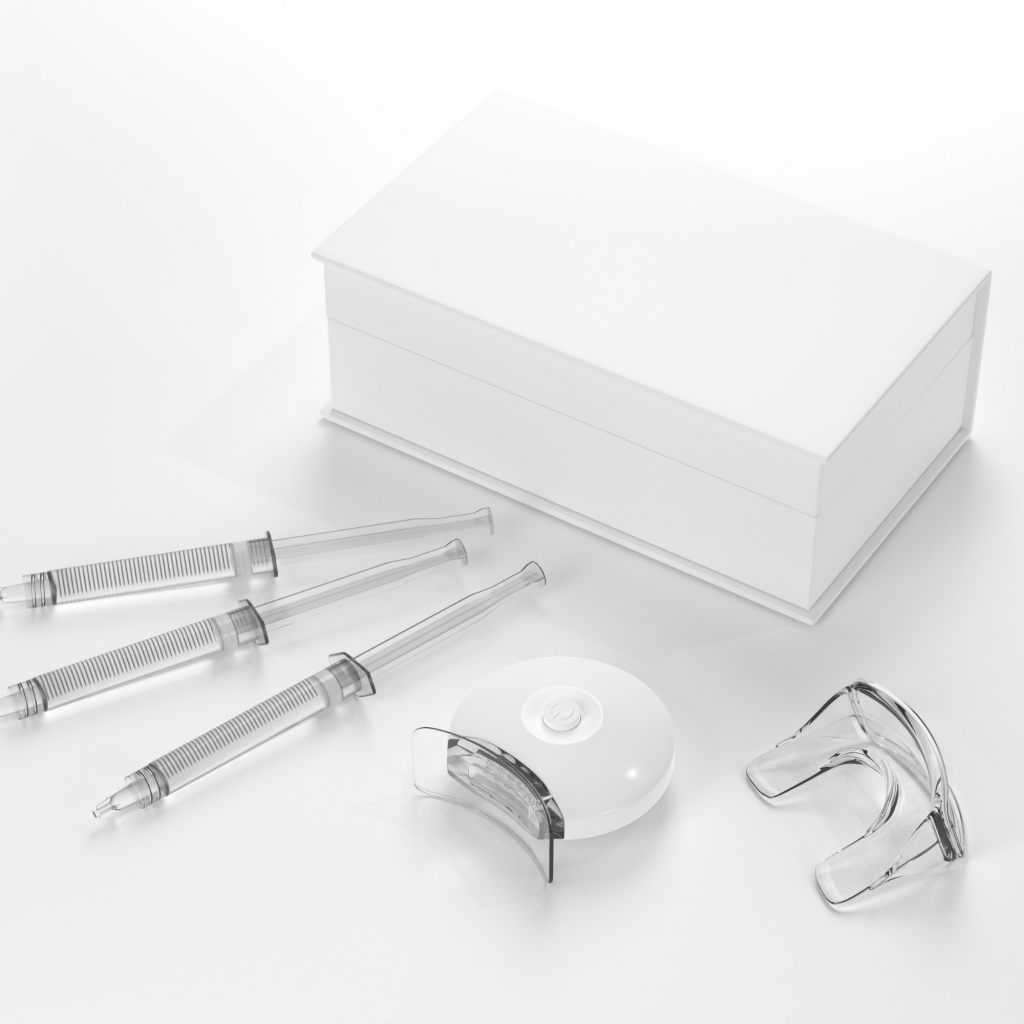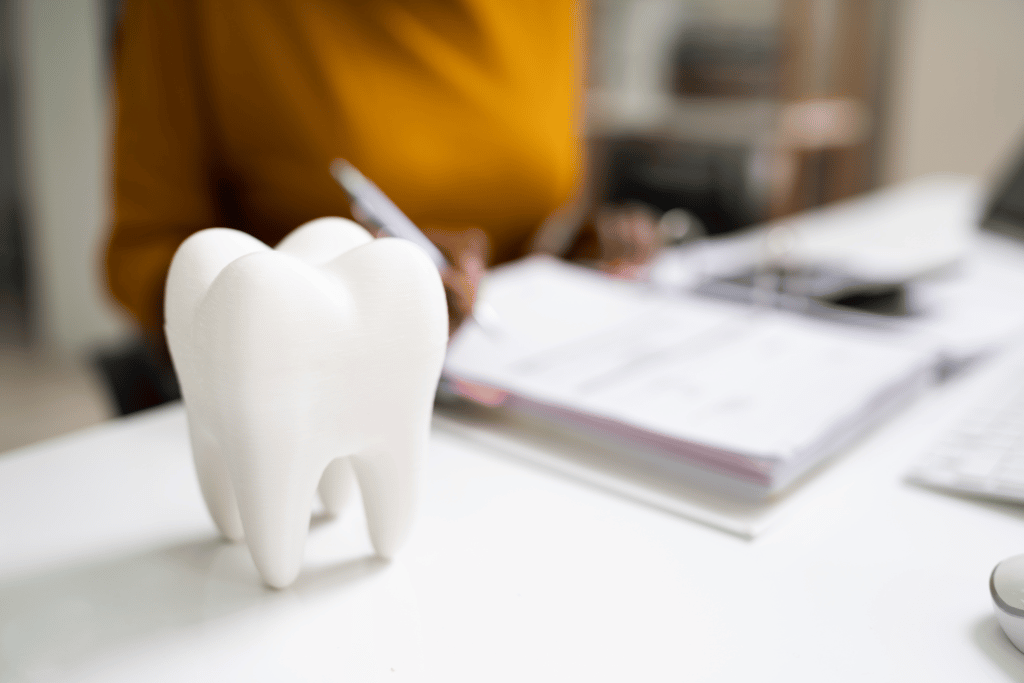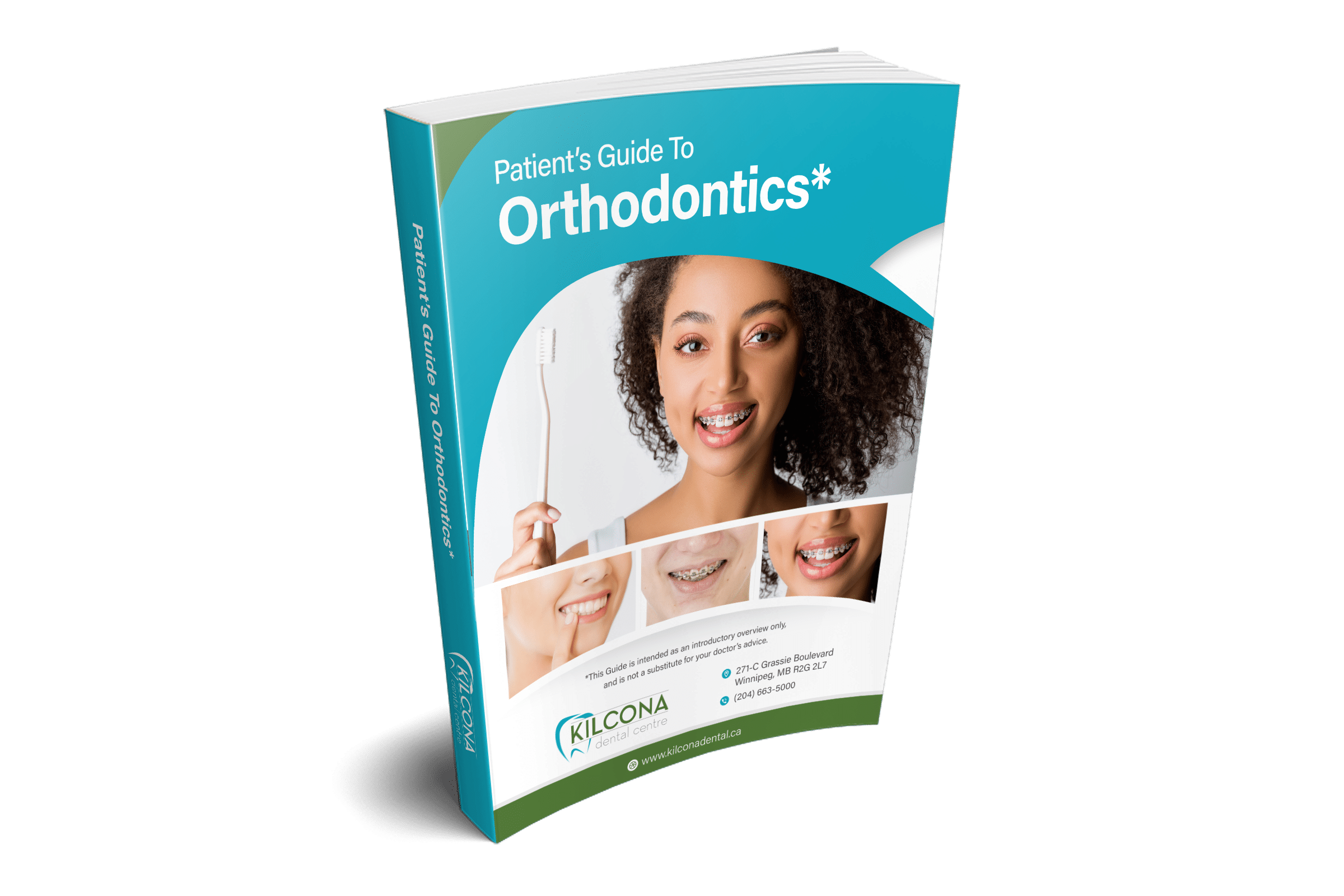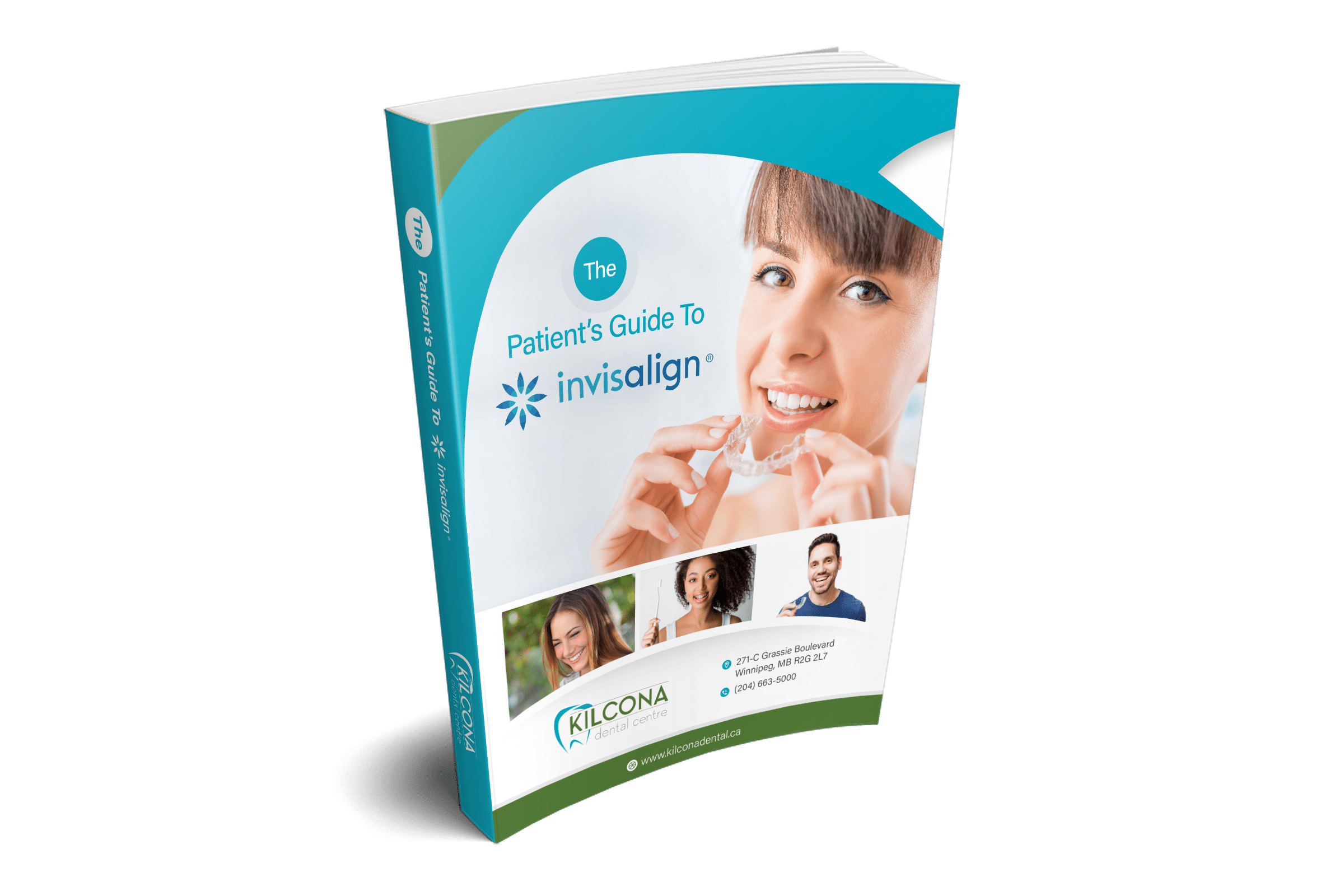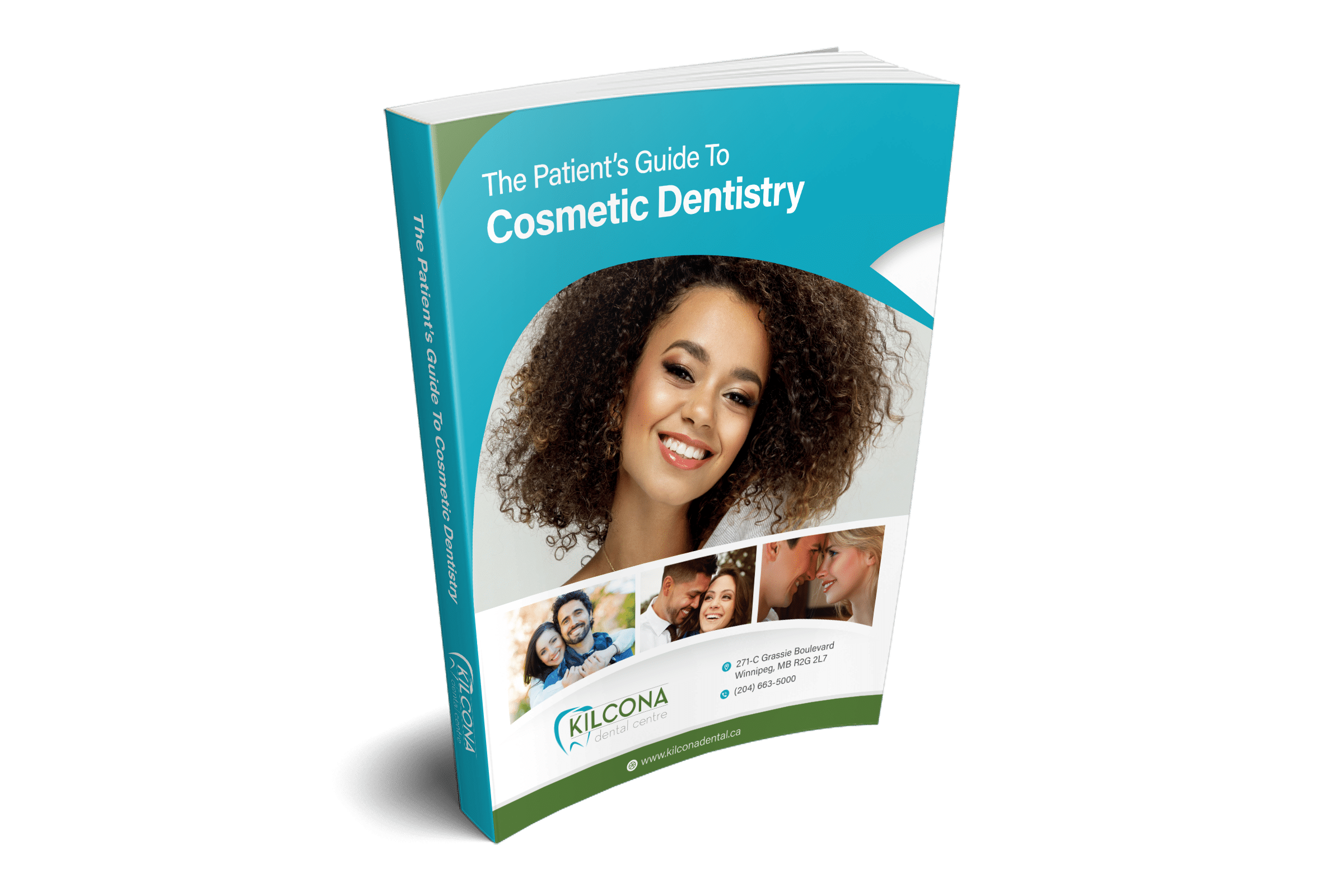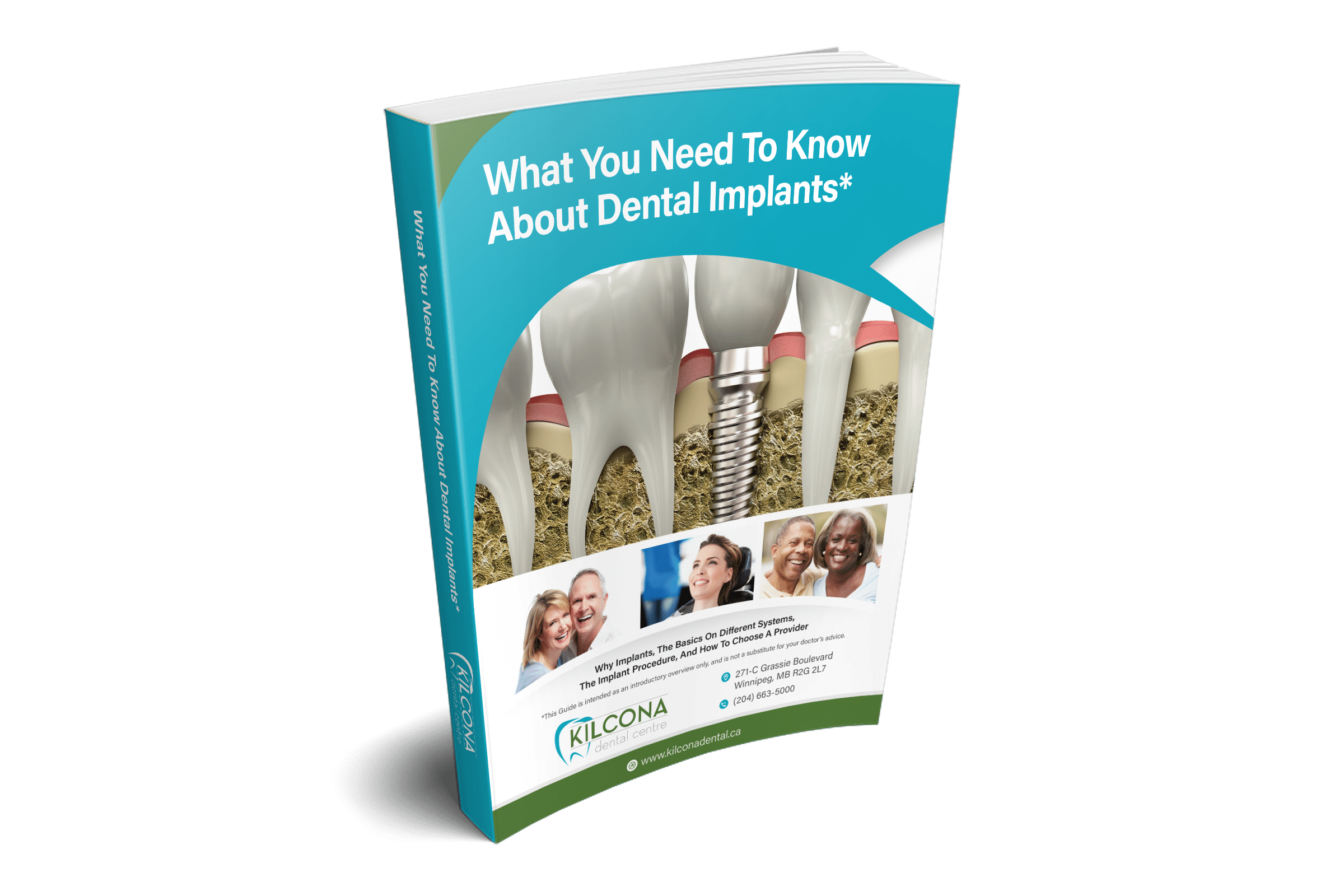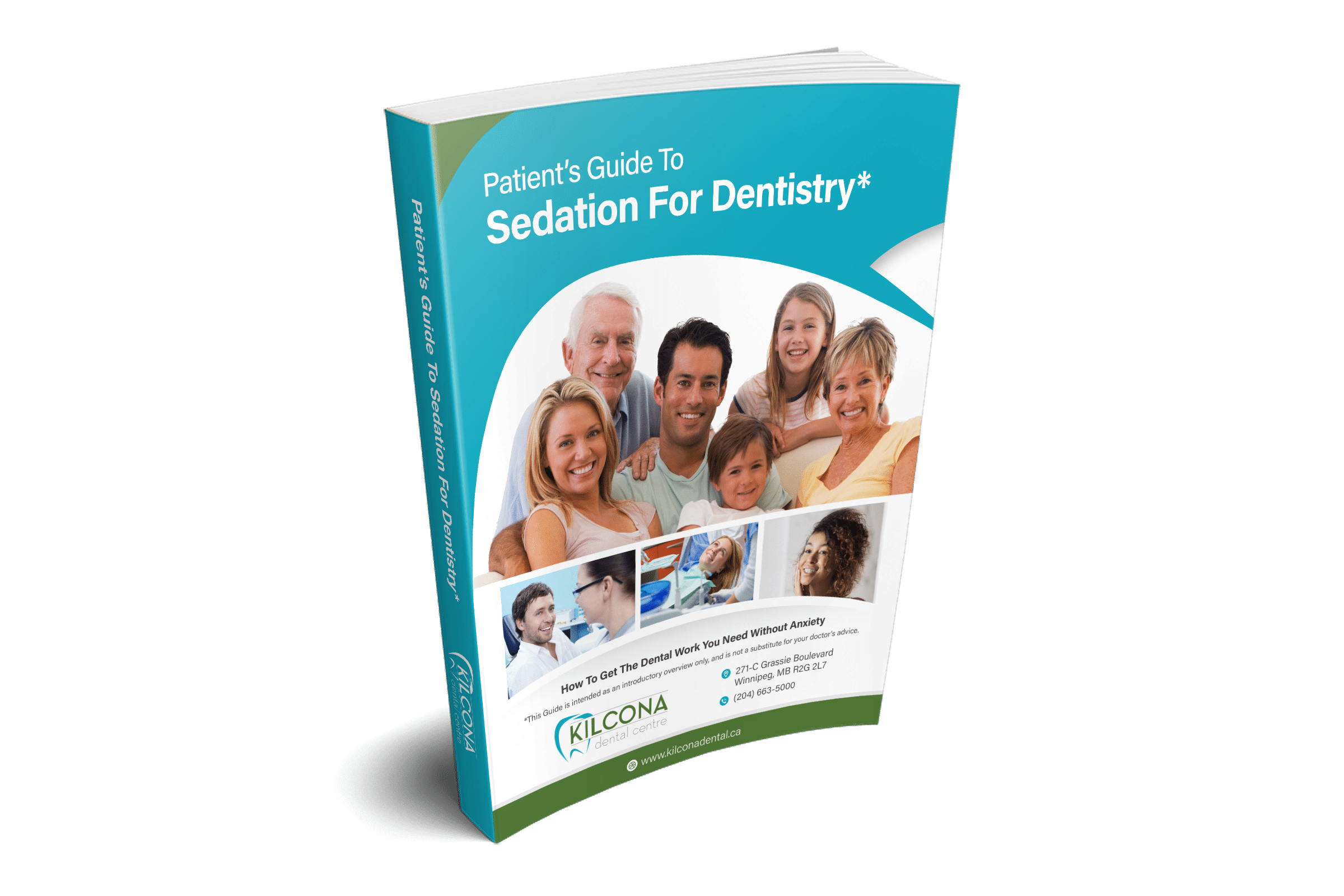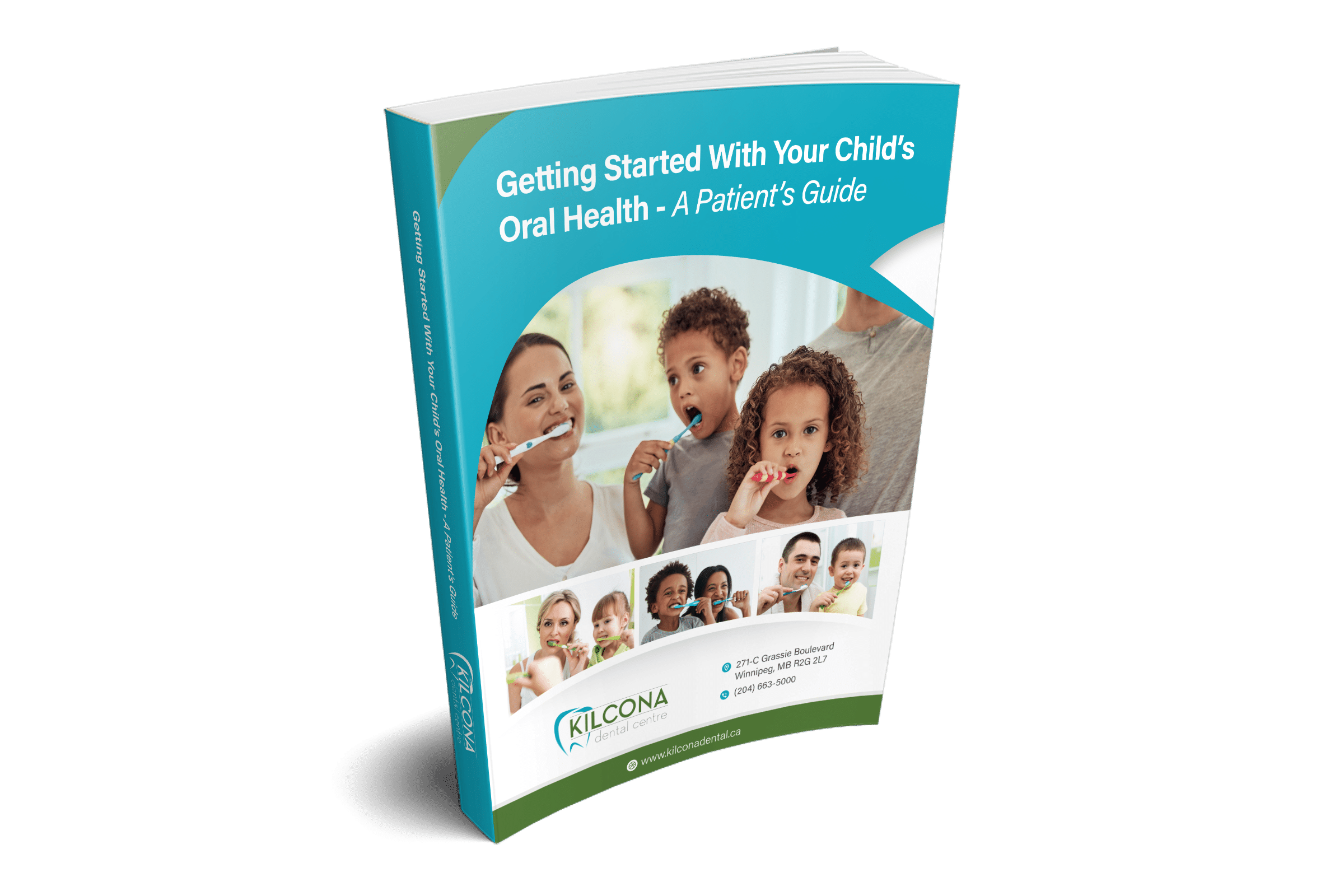The Facts on Dental Teeth Cleanings and Why They Are So Important
There are several misconceptions about having your teeth cleaned regularly. As a result, many people do not believe it is all that necessary. But regular dental cleaning is a crucial part of maintaining excellent oral hygiene and personal hygiene in general.
Dental cleaning has numerous advantages and benefits, especially when it is done regularly. We might often think dental hygiene is just brushing, flossing, and avoiding sugary or unhealthy foods. However, it is more than that, and although these parts are significant, they are only half of it. Here are the real facts on why dental cleaning is so important.
Is Dental Cleaning Essential?
It sure is – Dental cleaning is essential for so many reasons. First, it is excellent practice to brush and floss at home regularly because if you do not, it could create a fertile environment for health issues and problems.
But beyond just brushing and flossing at home, professional teeth cleaning is essential. This is because dentists and dental experts know what precisely healthy teeth should look like; they know how and what to look for to ensure that dental problems are taken care of or do not arise at all.
Apart from ensuring that your teeth are thoroughly clean and white, there are other reasons why dental cleaning is so important:
Reduces the risk of and prevents cavities
The whitish film that regularly builds up on the teeth is called plaque, and it is the primary reason for tooth decay. It is an acidic substance that can eat away at the tooth enamel and can lead to cavities if it is not treated quickly. Regular dental cleaning helps to get rid of plaque, tartar, and any bacteria. This minimizes your chances of cavities. Besides, teeth cleaning is so much more pleasant than filling holes that may develop in your teeth due to poor oral health.
Prevents tooth loss
Gum disease is a severe issue. It not only leads to bad breath and sensitive gums; it can lead to tooth loss as well. Once gum disease sets in and progresses, it begins to eat at the supporting bone tissues in the jaw. This causes the teeth to become loose, and ultimately fall out. Going for dental cleaning can prevent gum disease and significantly reduce the risk of tooth loss.
Helps to reduce bad breath
If you constantly find yourself with bad breath regardless of how many mints you consume, going for dental cleaning can help. Bacteria often cause bad breath, and the only way to get rid of it and prevent persistent bad breath is to go for dental cleanings regularly.
Helps to boost general health
Surprising as it may be, bad oral hygiene can have terrible effects on your general health and well-being. This is because the roots of the teeth are situated near the sinus and brain cavities. As a result, tooth infections can lead to other health consequences. This also rings true if you have excellent oral hygiene, it can help boost your general health and help you avoid severe health issues in the future.
Helps to brighten your smile
Regular dental cleaning doesn’t just give you whiter and brighter teeth; it also encourages you to flash those pearly whites.
What Happens When Dental Cleaning Does Not Happen Regularly?
Failing to maintain good oral hygiene, including going for regular dental cleaning, can prove problematic in the long run. Common problems that this will bring include halitosis (bad breath), the buildup of plaque, and the formation of tartar on the teeth. But things can get even worse.
Some of the long-term problems that irregular dental cleaning can cause include:
Periodontal disease
Also called Periodontitis, this condition is caused by damage to the structures surrounding the teeth, such as the gums and jaw bone. It starts when large amounts of plaque accumulate on the teeth, leading to a microbial infection called Gingivitis. This infection is often indicated by redness and irritation of the gums. As the infection worsens, the gums steadily recede from the teeth, exposing the parts of the teeth that are below the crown. It is at this stage that Periodontitis sets in. If left untreated, the condition will eventually cause erosion of the cementum (which helps hold the teeth in place) and, possibly, erosion of the jaw-bone itself. Thankfully, severe Periodontitis is reversible with appropriate dental cleaning and hygiene, or the application of antibiotics in certain cases.
Bacterial endocarditis
Endocarditis is another serious type of bacterial infection that stems from poor oral health. It is caused when the bacteria in tooth plaque enter into the bloodstream and attack the heart tissue. Endocarditis specifically affects the surfaces of the heart’s valves and its inner lining. These bacteria form clumps on the inside of heart valves and sometimes slow the flow of blood. They can also cause abscesses on the heart muscle and valves, leading to abnormalities in blood circulation. Some of the symptoms of endocarditis include chest and muscle pain, bleeding under the toenails or fingernails, and blood in the urine.
Possible infections
Apart from these serious conditions, irregular dental cleaning can also encourage certain other oral infections such as:
- Trench Mouth: The technical name for this infection is Acute Necrotizing Ulcerative Gingivitis. It is characterized by serious erosion of the gums, halitosis, ulcers in the mouth, and acute pain with chewing.
- Herpetic Gingivostomatitis: This infection is caused by the Herpex Simplex Virus Type 1 (HSV-1) and typically results in ulcers that affect the mucous membranes in the mouth.
- Oral Thrush: While the yeast that causes this infection, Candida, is native to the mouth, an overgrowth can lead to infection. Symptoms of infection include white patches in the mouth, along with pseudomembranes around the affected area.
-
Although some of these conditions are rare, such as Endocarditis, they go to indicate how badly things can wrong when good oral hygiene is not a habit. While regular brushing, flossing and cleaning your teeth twice a day helps, it also pays to schedule periodic dental cleaning to ensure your teeth are in great shape.
How Does Dental Cleaning Work?
Generally, dental cleaning occurs in two parts; first, starting with an oral examination which is then followed up with the cleaning process.
During the examination, the dentist will look for plaque and tartar. When plaque isn’t habitually removed, it will become hard and turn to tartar. Tartar is not easily removed by brushing or flossing; only a dentist can remove it. If this buildup of tartar is not quickly removed, it creates an avenue for different oral diseases and infections.
Gum health is also checked to detect and prevent gum disease. This is done by checking how deep the space between the gum and teeth is. Healthy gums should have shallow holes, but anyone with gum disease will have deeper areas. As with all conditions, early detection goes a long way in ensuring faster treatment and quick recovery.
The examination of your head and neck ensures that your jaw and lymph nodes are healthy. The dentist also checks for redness, inflammation, broken fillings and fractures, or any cancerous cells.
After the examination, the dental cleaning begins. First, your dentist will use various special tools to remove any plaque and tartar buildup between and from the surface of your teeth. Your dentist may then polish your teeth with a tool that helps to remove stains, brighten your teeth and prevent future buildup of tartar. Then professional flossing takes place; at the end of the cleaning, you will be able to spit out any saliva as necessary.
Once the cleaning is completed, your dentist will give you professional advice to help you improve your oral hygiene, if necessary. They will also share any information they have gathered from your teeth and alert you if anything needs urgent attention. And that’s all for the appointment.
It is standard practice to go for a regular dental cleaning at least twice a year. Of course, you can go as often as you please, but an appointment once in 6 months will be sufficient in maintaining your oral hygiene.
Reach Out To Us Today
At Kilcona Dental, we offer various professional and standard dental services, including cleanings, fillings, and x-rays. We are also specialists in crowns, bridges, veneers, dental implants, root canals, porcelain restorations, and any other dental services you may need.
We care about your dental health, which is why we also see emergencies. No matter what the situation is or how urgent it is, we cater to your dental health. Call us on 204-663-5000 or reach out to us online to schedule a consultation.
